Candidates with a science background or related qualifications are generally eligible for the B.Voc. Yoga and Ayurveda Dietetics course. The fee structure varies across institutions. Contact specific colleges for accurate fee details.
Eligibility & Fee Structure for B.Voc. Yoga and Ayurveda Dietetics Course
The Bachelor of Vocational (B.Voc.) in Yoga and Ayurveda Dietetics program is an undergraduate course designed to provide students with a holistic understanding of yoga, Ayurveda, and dietetics. This program equips students with the knowledge and skills required to promote health and well-being through the integration of yoga practices and Ayurvedic principles in dietary planning. To pursue a B.Voc. in Yoga and Ayurveda Dietetics, it's important to understand the eligibility criteria and fee structure associated with the program. In this guide, we will explore these aspects to help prospective students make informed decisions about their education in this unique field.
The B.Voc. in Yoga and Ayurveda Dietetics program is structured to provide students with a deep understanding of yoga, Ayurveda, and the role of dietary choices in promoting health and preventing diseases. Graduates of this program often work as yoga instructors, Ayurveda dietitians, wellness consultants, or pursue further studies in related fields.
Eligibility Criteria for B.Voc. in Yoga and Ayurveda Dietetics
The eligibility criteria for admission to a B.Voc. in Yoga and Ayurveda Dietetics program may vary among institutions offering the course. However, here are common eligibility requirements:
-
Educational Background: Applicants typically need to have completed their higher secondary education (10+2) or an equivalent qualification from a recognized board or institution.
-
Minimum Percentage: While some programs may not have strict percentage requirements, a minimum score in the higher secondary examination results may be preferred.
-
Age Limit: Some institutions may have age restrictions for admission to ensure that candidates are physically and emotionally prepared for the demands of the program.
-
Interest in Yoga and Ayurveda: Having a genuine interest in yoga, Ayurveda, and holistic well-being is often considered an essential criterion for admission.
Prospective students should carefully review the specific eligibility criteria of the institution offering the B.Voc. in Yoga and Ayurveda Dietetics program to ensure they meet the requirements.
Fee Structure for B.Voc. in Yoga and Ayurveda Dietetics
The fee structure for a B.Voc. in Yoga and Ayurveda Dietetics program can vary based on several factors, including the institution's location, reputation, program duration, and additional services provided. Here are common components of the fee structure:
-
Tuition Fees: Tuition fees cover the cost of instruction, access to specialized yoga and Ayurveda facilities, practical training, and guidance from experienced instructors. These fees can vary widely between institutions.
-
Registration Fees: Upon enrollment, students are typically required to pay a registration fee, which may be a one-time payment.
-
Course Materials: Learners may need to purchase textbooks, yoga mats, Ayurvedic ingredients, or access to digital resources specific to yoga and Ayurveda dietetics. The cost of these materials can vary.
-
Practical Training Costs: Some B.Voc. in Yoga and Ayurveda Dietetics programs include practical training in yoga studios, Ayurvedic clinics, or wellness centers, which may have associated costs for equipment and facilities.
-
Examinations and Certification Fees: There may be fees associated with examinations, certifications, or licensing specific to yoga and Ayurveda practices.
-
Scholarships and Financial Aid: Some institutions may offer scholarships or financial aid opportunities for eligible students pursuing B.Voc. in Yoga and Ayurveda Dietetics studies. Prospective learners should inquire about such options.
Prospective students should inquire about the fee structure of the specific B.Voc. in the Yoga and Ayurveda Dietetics program they plan to enroll in to understand the financial obligations accurately.
 3 Years
3 Years
 Under Graduate
Under Graduate
 Vocational
Vocational
 Full Time
Full Time

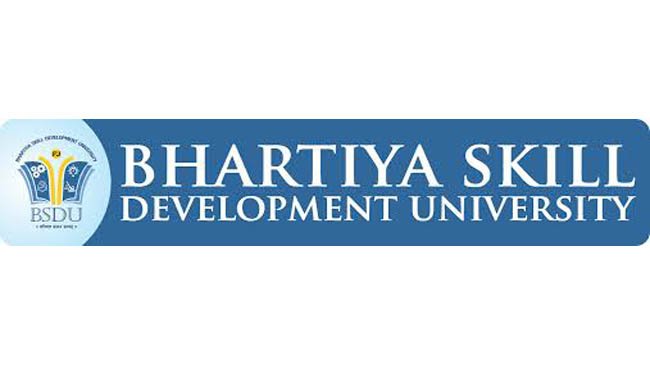

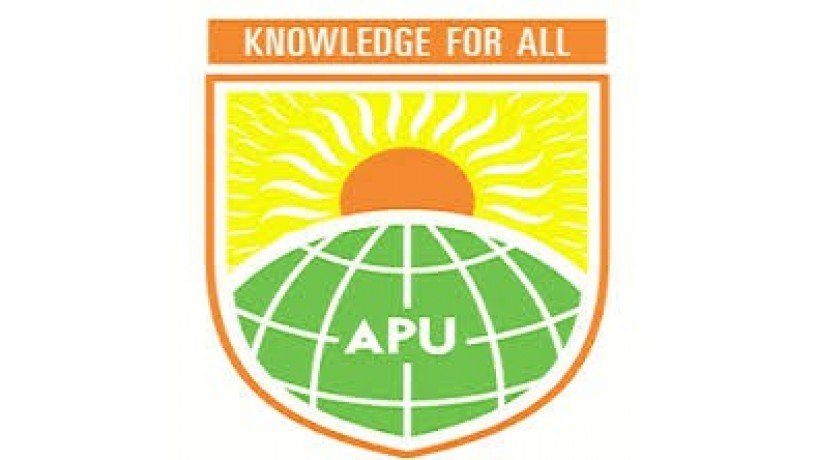

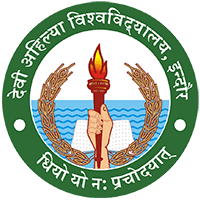



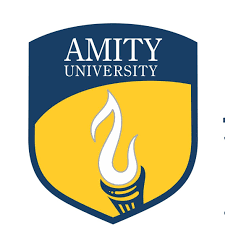

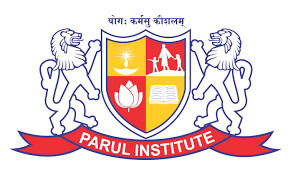

 back
back

